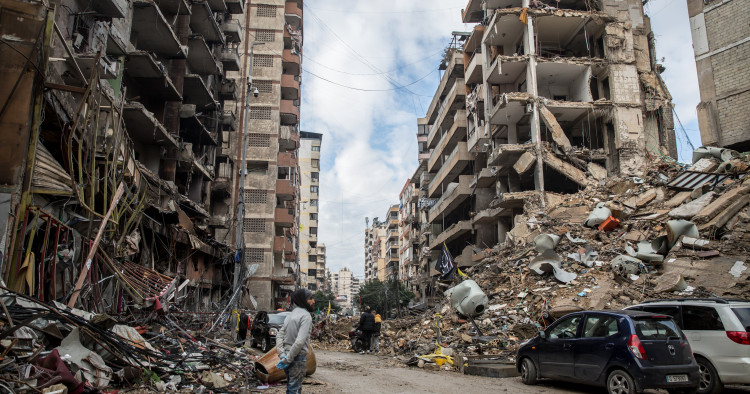Last week, as I made my way to Beirut airport, I drove through bombed out streets in an empty city. The Lebanese national airline still bravely flew in and out, its planes weaving their way between Israeli airstrikes. I boarded my flight to attend a conference, hoping we would make it out safely. I left behind a population that had paid a very heavy price for 13 months of war between the Lebanese militant group Hezbollah and Israel: thousands of dead and injured, thousands of homes and businesses destroyed, and over 1.2 million displaced.
For most of those 13 months, the U.S. has tried to mediate a ceasefire, so I had little reason to hope that an end to this fighting was imminent. But history can sometimes take positive turns. Like millions in Lebanon – and, I’m sure, in Israel as well – I was overwhelmed with mixed emotions to hear that a ceasefire had finally been reached. I mourn the thousands who paid with their lives. But today, as the guns fall silent, I am hopeful and happy for tens of thousands of people who will be able to return to their homes and can now start rebuilding their lives.
Photo credit: Sally Hayden via Getty Images
The Middle East Institute (MEI) is an independent, non-partisan, non-for-profit, educational organization. It does not engage in advocacy and its scholars’ opinions are their own. MEI welcomes financial donations, but retains sole editorial control over its work and its publications reflect only the authors’ views. For a listing of MEI donors, please click here.













